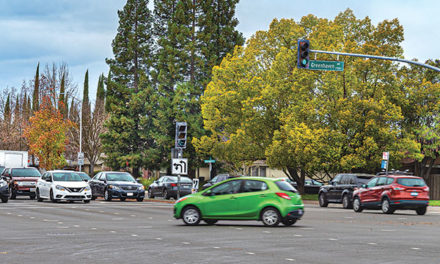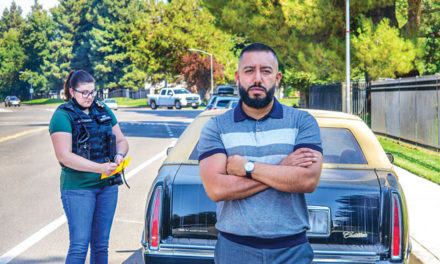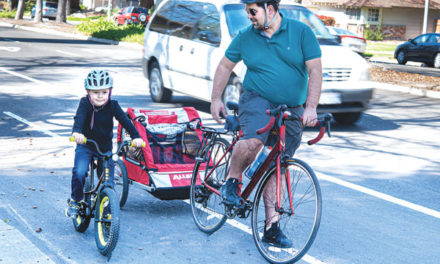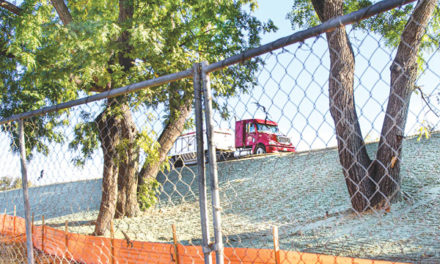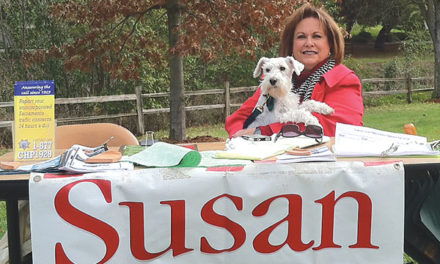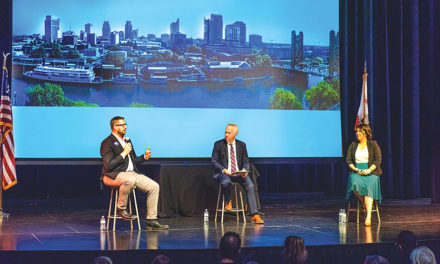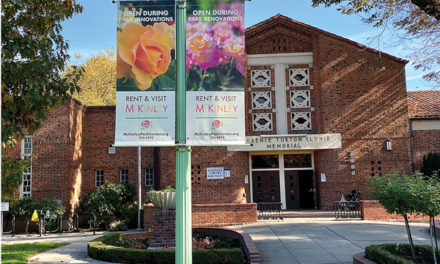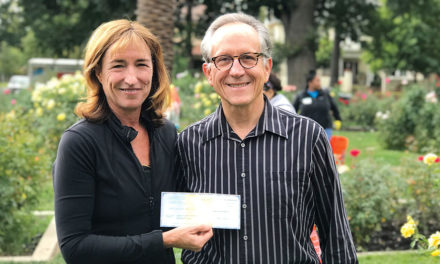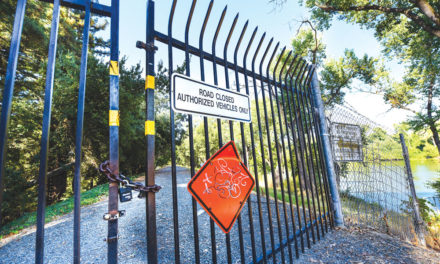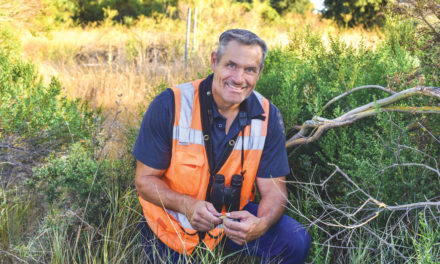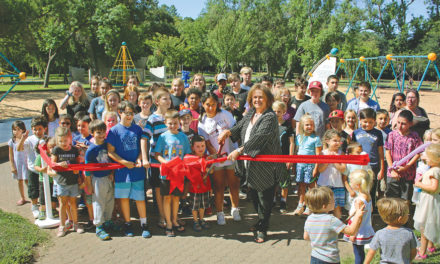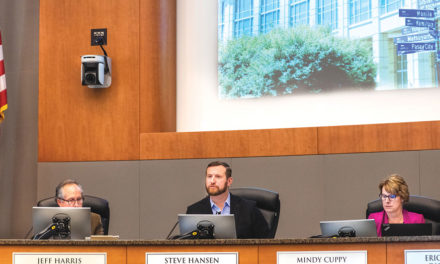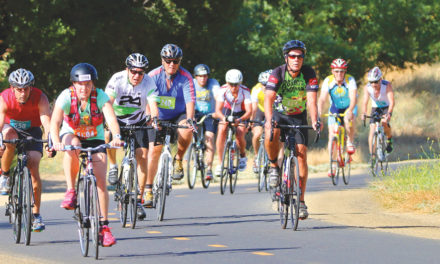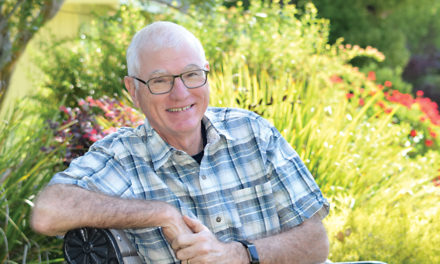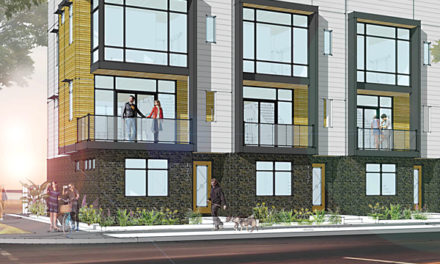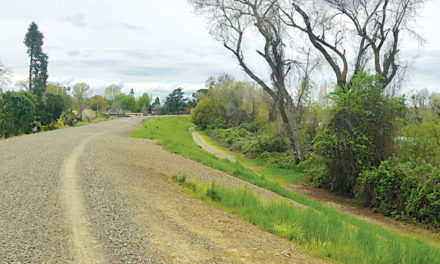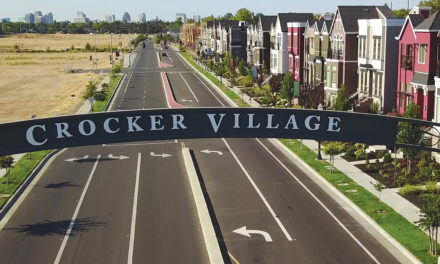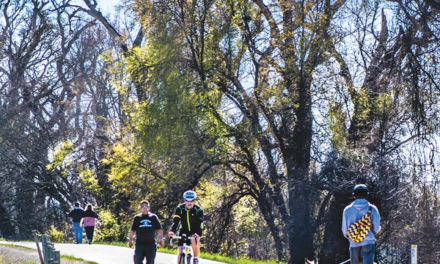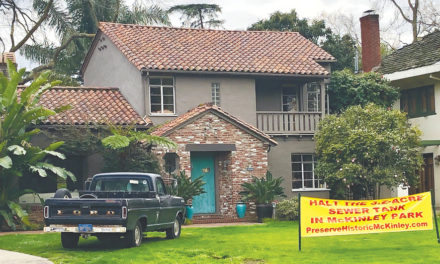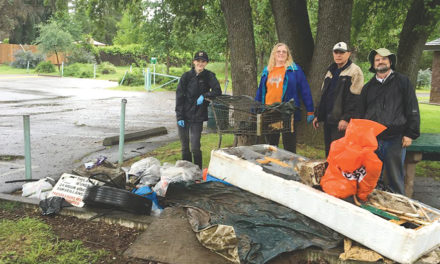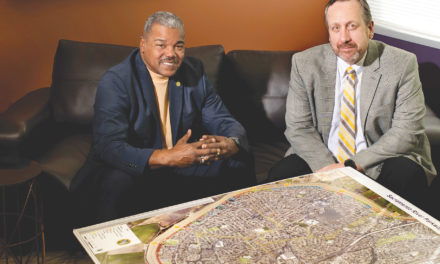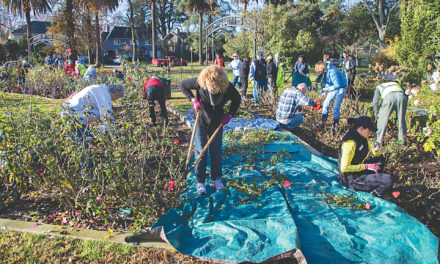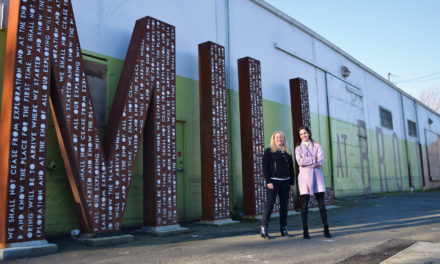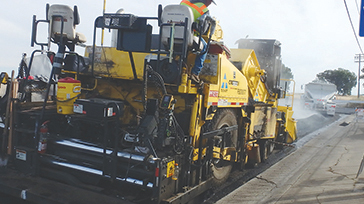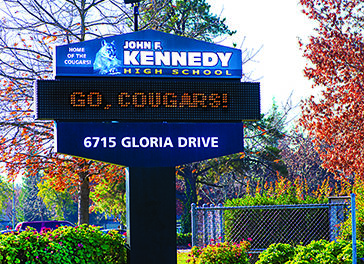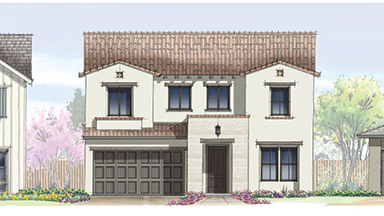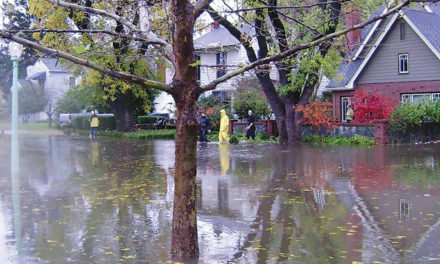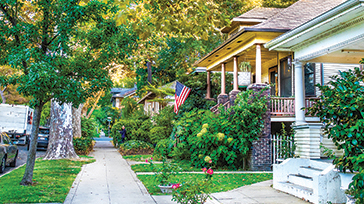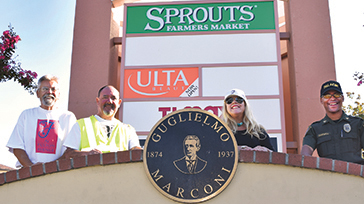Construction Zone
Levee Repairs Finally Underway—Public Access Next
By R.E. Graswich
November 2018
Dump trucks, graders and backhoes signal progress along the Sacramento River levee. Heavy equipment and the smell of diesel are doubly pleasing to Pocket residents, both for the enhanced flood protection they bring and the promise of public access. In recent months, the riverfront near Garcia Bend Park has been crowded with work crews and engineers.
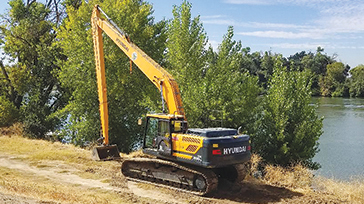
First came equipment from the California Department of Water Resources, making minor erosion repairs. October brought the U.S. Army Corps of Engineers for the first skirmish in a major battle to upgrade long stretches of the levee, where many sections are well into their second century.
“We’re trying to stay ahead of it,” says Chris Orrock, spokesman for Water Resources. “We were doing small erosion work this summer, and we’ll come back in the fall to plant vegetation. The Corps of Engineers is doing major work to repair damage done by the high waters of 1997.”
It’s not exactly comforting to know the local levee had to linger in the waiting room for 21 years before receiving major surgery. But late is better than never.
The state and Army Corps consider November as the start of the rainy
season. They are eager to complete as much work as possible before winter arrives. As long-awaited levee renovations proceed, long-term issues of public access to the river parkway simmer. Pocket resident Tamara Morgan was the first of several readers to alert me to the presence of heavy equipment from the Department of Water Resources digging near one of nine private levee fences that block public access.
Morgan is a devoted levee walker and champion of public accessibility. Like thousands of Pocket residents, she finds the cross-levee gates deeply offensive. She snapped photos as the state’s tractors and trucks made levee repairs.
Decades ago, a handful of homeowners won permission from the state to build levee fences. They used political leverage to create private parks in defiance of public accessibility.
The original fence builders died or moved away, but newcomers who purchased homes along the river somehow asserted claims to the old fence permits—even though the permits made no allowances for succession.
Having created the fence problem, the state has tried to sidestep the accessibly argument, even though state agencies hold comprehensive easement rights and control the permits that allowed the fences to be built in the first place. Officials tell me the plan is to remove the fences—and cancel the old permits—as the Army Corps moves upstream toward Miller Park.
At the same time, the city is making progress buying something called “recreational” easements from riverfront homeowners. The city’s purchase of easements is probably unnecessary, given the state’s ownership of the levees.
But the city is buying peace. City Hall is trying to avoid legal delays as it creates an accessible river parkway from Freeport to Downtown. The city promised a riverfront parkway more than 40 years ago. The vow is finally being honored.
“People have been going around the fences and the residents complain,” Orrock says. “We’re just concerned about erosion.”
R.E. Graswich can be reached at reg@graswich.com.








